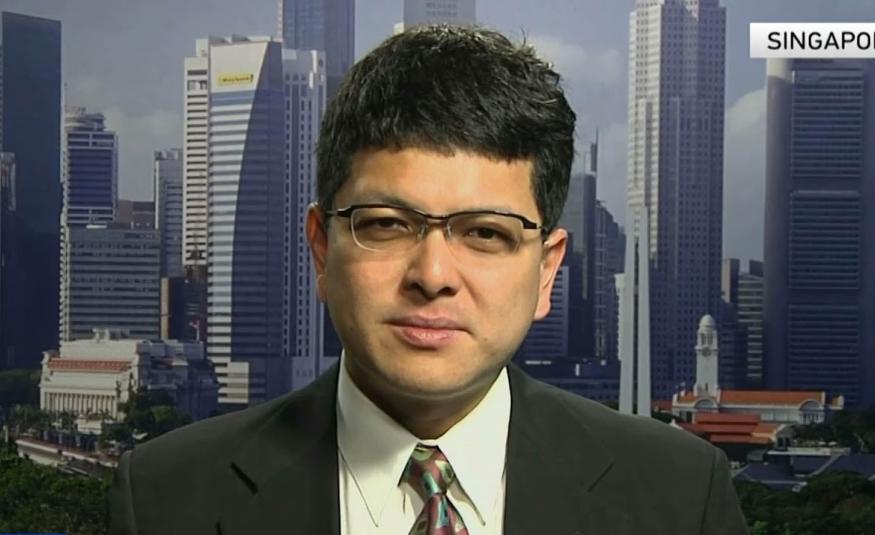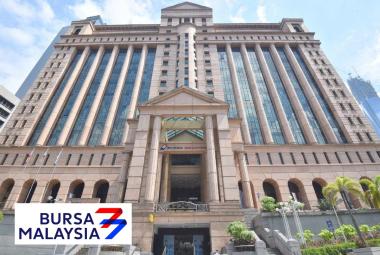KUALA LUMPUR, Oct 29 - The recent Budget 2025 announcement by Prime Minister Datuk Seri Anwar Ibrahim has drawn mixed reviews, with some questioning its long-term impact on Malaysia's economic growth and fiscal stability.
In an interview with DagangNews.com, Dr. Oh Ei Sun, Senior Fellow at the Singapore Institute of International Affairs, shared his perspective on the budget, describing it as "uninspiring."
His insights highlighted several areas of concern, including debt management, subsidy restructuring, tax policies, and implementation challenges.
An "Uninspiring" Outlook
Asked to provide an overall assessment of Budget 2025, Dr. Oh described it as "uninspiring," stating that "nothing would especially excite businesses to redouble their effort to expand, or for foreign investors to find Malaysia an attractive destination."
He pointed out that while there are efforts to reduce the fiscal deficit and boost the economy, the measures outlined do not go far enough to stimulate significant growth.
Drawing a comparison to Cyprus, where he is currently there attending a conference, Dr. Oh mentioned, "In Cyprus, corporate income tax is 12.5%. It becomes a tax haven with money flooding in from China, Russia, US, and so on."
By contrast, Malaysia's budget lacks incentives to position itself as a compelling choice for foreign investment.
Debt and Fiscal Deficit Concerns
The budget aims to reduce the fiscal deficit to 3.8%, an ambitious target given Malaysia's current economic landscape.
Dr. Oh emphasized that achieving this goal would require significant expenditure cuts or increased revenues.
However, with the government unwilling to implement major tax hikes in the run-up to the next general election, he expressed concerns about where the cuts might fall.
"As no significant rise in revenues is expected, expenditures would have to be slashed. And as administrative expenditure, most of which goes to paying salaries, is unlikely to be cut, it is worried that development expenditure may be put under the knife," he said.
He cautioned that reducing development expenditure could be detrimental to Malaysia, a developing country where infrastructure projects are crucial for growth.
Impact on Low-Income Groups
The restructuring of subsidies, including the RON95 fuel subsidy, is still under consideration, leaving questions about its effects on low-income households.
Dr. Oh noted that while there are short-term aids for these groups, "there does not appear to be longer-term plans to lift these families out of the lower income brackets."
He stressed that without a clear strategy for sustainable income growth, the restructuring could place additional burdens on already vulnerable communities.
The introduction of a more progressive sales and service tax (SST) is another concern, as it may disproportionately impact low-income households unless balanced with adequate relief measures.
Addressing potential rising living costs for these groups should be a priority, according to Dr. Oh.
Tax Reforms and Their Impact on Investment
A new 2% tax on dividends for high-net-worth individuals (HNWI) is part of the budget's tax reforms.
While Dr. Oh considered this measure reasonable and in line with practices in other jurisdictions, he emphasized that it should be complemented by robust economic initiatives.
"The imposition of a 2% dividend tax is reasonable for HNWIs, but it has to be accompanied by more robust measures to stimulate the local economy, such that more profits could indeed be made and thus more dividends to be distributed," he said.
Without such initiatives, the tax could potentially discourage investment or result in capital flight, particularly from foreign investors.
Implementation Challenges and Corruption Issues
Infrastructure projects and other initiatives outlined in Budget 2025 face potential implementation challenges, including systemic issues of corruption and inefficiency in public-project delivery.
Dr. Oh pointed out that "there are a lot of leakages, corruption, and collusion between unscrupulous officials and businesses that are endemic in our public-project delivery systems."
Despite the anti-corruption authorities' efforts, these practices continue to undermine the effective use of public funds.
The government will need to address these structural issues and ensure strict oversight to avoid cost overruns and project delays that could hinder the budget's objectives.
Risks from Economic Assumptions
The budget's success depends on favorable economic conditions, including steady growth and stable global markets. Dr. Oh cautioned that deviations from these assumptions could undermine the budget's effectiveness.
"It can only be hoped that the government has sufficient reserves to cushion the country through potentially difficult times," he remarked. The administration must be prepared to adapt its fiscal strategy should economic conditions shift unexpectedly.
Effectiveness
While Budget 2025 sets out to address key issues such as fiscal consolidation and economic growth, Dr. Oh's critique reflects concerns about its effectiveness and long-term impact. Labeling it "uninspiring," he pointed to the lack of measures that could significantly boost business confidence or attract foreign investment.
The budget's reliance on expenditure cuts and unresolved subsidy reforms, coupled with ongoing challenges in project implementation, suggest that Malaysia's economic journey ahead may be more challenging than anticipated.
Budget 2025, themed "Reinvigorating the Economy, Driving Reforms, Prospering the Rakyat," allocates a record RM421 billion, marking a 6.9% increase from the previous year.
Key allocations include RM335 billion for operating expenditure, RM86 billion for development expenditure, and RM2 billion for contingency savings. - DagangNews.com










